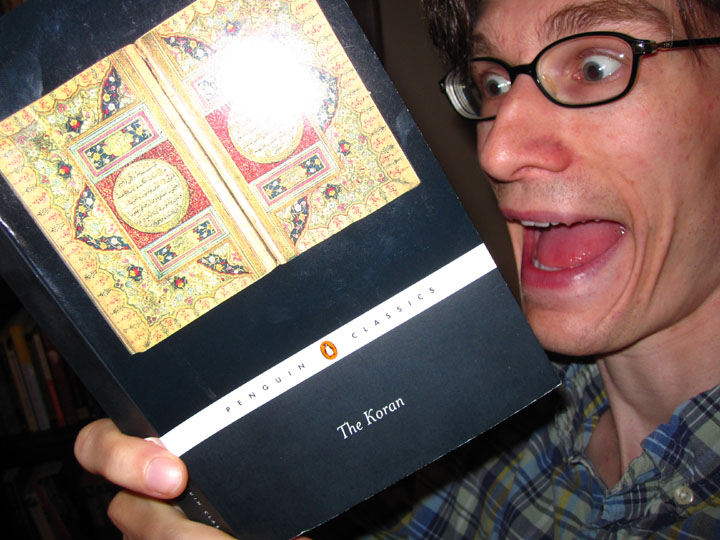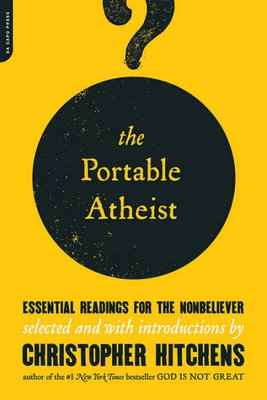 My parents never lied to me about Santa Claus. It may be difficult to convince some that this didn't hinder my fun as a child at Christmas, but it didn't. Though Mom and Dad were always straight with me and my siblings about Santa's nonexistence, we still got to "play" Santa Claus. We would sit on his lap at the mall, get excited when the news would show Santa's sleigh on radar, set out milk and cookies before going to bed, earnestly listen for jingle bells, and wake up to find presents in front of the tree that weren't there the night before--with tags on them that read "From: Santa Claus."
My parents never lied to me about Santa Claus. It may be difficult to convince some that this didn't hinder my fun as a child at Christmas, but it didn't. Though Mom and Dad were always straight with me and my siblings about Santa's nonexistence, we still got to "play" Santa Claus. We would sit on his lap at the mall, get excited when the news would show Santa's sleigh on radar, set out milk and cookies before going to bed, earnestly listen for jingle bells, and wake up to find presents in front of the tree that weren't there the night before--with tags on them that read "From: Santa Claus."Was this play just as fun and magical for us as it was for those children who actually believed? I'm pretty sure that it was. Think about it: children play at things that aren't real all the time. One way is to pretend to do something that is based on reality, such as playing house or school. You couldn't possibly spoil a child's fun if you broke in to say "You know you're not a real mother" or "You know you're not a real teacher." The child would just think you were stupid, someone who's grossly missed the point. Another way to play is to pretend concerning something that is completely fantastic, such as imagining you're Superman or that you're chasing unicorns. Children know that Superman and unicorns don't exist, but it's still fun to pretend, and -- for a child -- imagination feels very real, even while being fully aware of actual reality. If you told a kid these imaginary things weren't real, you'd be the stupid fool, not them.
In elementary school, when most of my friends either believed in Santa Claus or were questioning their belief (as all children eventually do), they would ask me if I believed. Sometimes I simply said no, but my favorite answer was, "I like to pretend that he's real." As nearly any kid naturally would, I enjoyed the image and idea of Santa Claus. There's no reason to deny a child (or an adult) the mythology of Santa Claus, since it is possible to celebrate him without taking the next (stupid, foolish?) step of forcing belief.



